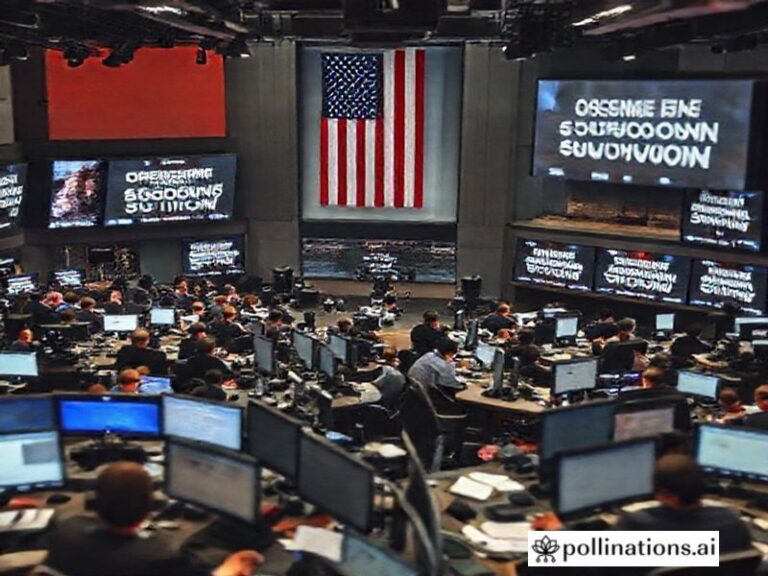Zion Foster: The Global Afterlife of a Missing Teen and the Planet’s Endless Amnesia
Zion Foster and the Global Machinery of Missing Children
By Dave’s Far-Flung Correspondent, sipping tepid coffee in an airport that still thinks it’s 2019
The name “Zion Foster” first pinged on international radar not with the fanfare of a royal birth or a crypto-crash, but with the quiet dread that accompanies every new entry in humanity’s longest-running reality show: children who vanish without a trace. In Detroit—a city whose motto is “Speramus Meliora; Resurget Cineribus” (We Hope for Better Things; It Shall Rise from the Ashes)—the 17-year-old stepped out for a cousin’s birthday in January 2022 and simply never came back. Somewhere between the party playlist and the Uber receipt, the world’s collective attention span flickered, shrugged, and moved on to the next outrage du jour.
Yet Foster’s story refuses to stay politely archived. Instead, it ricochets across continents, whispered in Filipino call centers that monitor U.S. Amber Alerts, debated in Dutch Reddit threads about American racial disparities in media coverage, and dissected on Nigerian talk radio as proof that “overseas” isn’t synonymous with “safe.” The case has become a grim Rorschach test: what you see in it reveals less about Zion than about the global village’s guilty conscience.
For starters, consider the metrics. The International Centre for Missing & Exploited Children estimates a child disappears every two minutes somewhere on Earth—roughly the time it takes to order an oat-milk latte in Stockholm. Most cases never trend on TikTok, because algorithms prefer cats and coups. Foster, however, lucked into the trifecta of virality: a photogenic victim, a family savvy with hashtags (#FindZion), and a suspect whose Instagram handle practically screamed “future true-crime documentary.” When Detroit police charged her cousin’s boyfriend—Jaylin Brazier—with lying about the timeline, the story graduated from local tragedy to transatlantic parlor game. British podcasters adopted the case like an exotic rescue dog; Brazilian YouTubers animated reenactments in pastel chalk.
This macabre fandom underscores a darker truth: in the attention economy, missing children are the original NFTs—unique, non-fungible tokens of sorrow, traded for clicks until the market crashes or a body is found. The United Nations Office on Drugs and Crime politely calls this “trafficking in human grief,” a phrase so clinically neutral it could be served at Davos with canapés.
From a geopolitical standpoint, Foster’s disappearance is a case study in American exceptionalism gone septic. While European states deploy centralized databases that ping every phone within a 50-kilometer radius, the U.S. still relies on a patchwork of county sheriffs and Facebook prayer circles. The result? A 13-month delay between Brazier’s initial lie and his eventual guilty plea to accessory after the fact. By then, the trail had cooled faster than a German energy minister’s enthusiasm for Russian gas.
Meanwhile, the Global South watches with weary recognition. When a Lagos teenager vanishes, there’s no Amber Alert—just a WhatsApp broadcast and a mother bargaining with local police who earn less per month than a Silicon Valley intern’s daily DoorDash budget. The asymmetry breeds cynicism: international NGOs fundraise off African tragedies while American ones monetize them into binge-worthy docuseries.
So what does Zion Foster’s story teach us, beyond the obvious lesson that teenagers should probably avoid cousins with sketchy boyfriends? Perhaps that the planet’s most renewable resource is not solar power but collective amnesia. Each new disappearance resets the grief meter to zero, allowing us to rehearse shock, perform empathy, and swipe to the next atrocity before the coffee gets cold.
In the end, Zion Foster remains missing, her fate entombed somewhere between Detroit’s cracked sidewalks and the cloud servers humming in Iceland. The world keeps spinning, children keep vanishing, and we keep refreshing feeds—proof that the only thing truly global about tragedy is our talent for forgetting it.
Until the next push notification, anyway.







